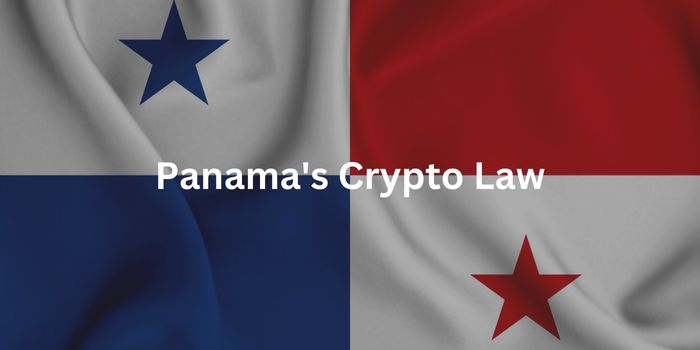Following in the footsteps of El Salvador, opposition leader Gabriel Silva says he is working to get an agreement in Panama to make cryptocurrencies legal tender.
Panamanian congressman Gabriel Silva hopes to introduce a measure next month that could pave the way for the legalization of cryptocurrencies and the creation of tax incentives for crypto-related enterprises.
Following El Salvador’s president, Nayib Bukele’announcement that he was proposing legislation to make bitcoin (BTC, -1.34 percent) legal tender, Silva tweeted on June 7 that if Panama wanted to be a true center of technology and entrepreneurship, it needed to support cryptocurrencies as well.
Congressman Silva said that he found El Salvador’s project positive, ambitious, interesting and with good acceptance. Further adding that he seeks to adapt that project to the reality of Panama and constitute a positive competition.
This month, Silva and his colleagues will gather feedback from a variety of sources, including lawyers, bitcoin users, crypto-related businesses, and government officials, according to the congressman. Panama has become the third Latin American country to debate cryptocurrencies, following Paraguay and El Salvador, in recognizing bitcoin as legal cash earlier this month.
Silva did not provide any additional information on the bill’s specifics, but he did say that he would define the bill’s content after speaking with stakeholders.
According to Silva, Panama’s present constitution bans the government from requiring only particular currencies as legal tender, which might make bitcoin a viable currency.
Panama, which does not have its own central bank, adopted the US dollar in 1904 as part of the Taft-Arias monetary agreement between the two countries. A local currency, the balboa, coexists with the dollar. Since its inception, it has been pegged to the former at a one-to-one exchange rate.
In terms of tax breaks, Silva claims that the country already has plans in place to entice crypto enterprises through mechanisms such as work visas and tax deductions.
Also read about: Bitcoin City in El Salvador
Panama already acts as the headquarters for a number of multinational corporations, which could be linked to the country’s status as a tax haven.
Panama, along with the Virgin Islands and Seychelles, was named as a tax haven by the European Union in its most recent list of non-cooperative nations, published in 2021.
Trying to Pass the bill of Cryptocurrency in the House of Congress, Panama
Bancada Independiente, according to Silva, is an independent and opposition party. However, Bancada Independiente maintains good relations with the ruling party and has reached agreements on prior initiatives, adding that he will endeavor to discuss the proposal with various ministries of the central government, including the economy and finance agency.
In contrast to El Salvador, where Bukele’s ruling party enjoys a majority in Congress and passed the bitcoin bill with 62 out of 84 votes, Panama is in a different scenario. The congressman said that it is unlikely that the crypto bill will be adopted in three days, as it was in El Salvador, but it is possible. There is widespread public support, but they will meet with everyone who is required, according to Silva.
The law must receive 36 of the 71 total votes in the chamber of deputies to be adopted, according to Silva. He also added that Panama does not have a senate chamber. The measure could be backed or vetoed by the president if it is passed by Congress.







